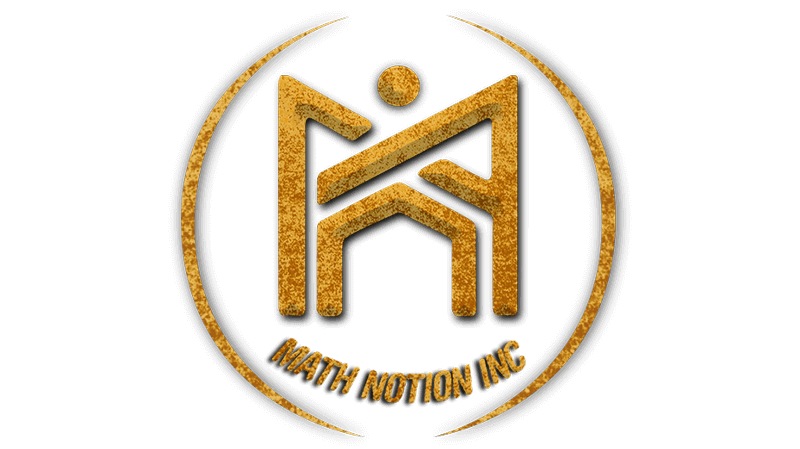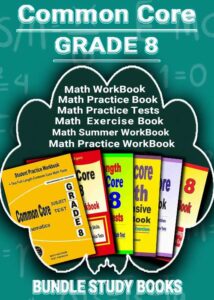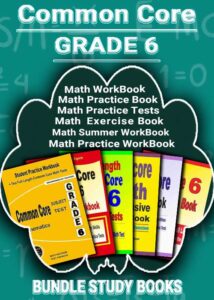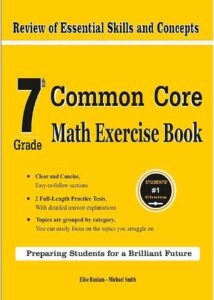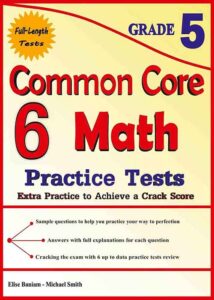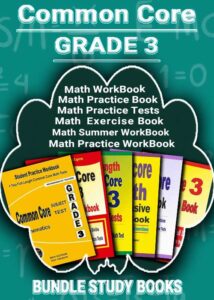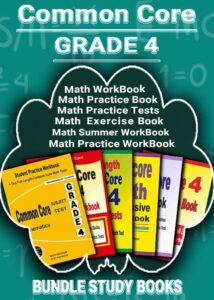
Study Time: 4minutes
How is Common Core Math Different?
In today’s education landscape, Common Core Math has been a topic of discussion and debate among educators, parents, and students. It’s essential to understand what Common Core Math is and how it differs from traditional math education. In this article, we will delve into the nuances of Common Core Math, its principles, and the key differences that set it apart from traditional math teaching methods.
Understanding Common Core Math
Common Core Math, often referred to as the Common Core State Standards Initiative (CCSSI), is a set of academic standards in mathematics and English language arts. These standards outline what students should know and be able to do at each grade level, from kindergarten through twelfth grade. The primary goal of Common Core Math is to ensure that students across the United States receive a consistent and high-quality education, regardless of their location.
The Key Principles of Common Core Math
To grasp the differences, it’s essential to understand the fundamental principles of Common Core Math:
- Conceptual Understanding: Common Core Math focuses on deep conceptual understanding rather than rote memorization. Students are encouraged to explore the “why” behind mathematical concepts, fostering a deeper comprehension.
- Coherence: The curriculum is designed to build upon itself progressively. Each grade level’s concepts connect logically to the previous ones, ensuring a smoother learning journey.
- Problem Solving: Common Core Math emphasizes real-world problem-solving skills, requiring students to apply their mathematical knowledge to practical situations.
- Critical Thinking: Students are encouraged to think critically and justify their answers, promoting a higher level of mathematical reasoning.
How Common Core Math Differs from Traditional Math
Now, let’s explore the key differences between Common Core Math and traditional math education:
1. Focus on Understanding vs. Memorization
In traditional math, students often memorize formulas and procedures without truly understanding the underlying concepts. Common Core Math, on the other hand, prioritizes conceptual understanding. Students are expected to grasp why a particular mathematical concept works, making it easier to apply their knowledge to new situations.
2. Progressive Learning
Traditional math education may jump from one topic to another without clear connections. Common Core Math takes a more coherent approach, ensuring that each grade level builds upon the previous one. This progressive learning helps students develop a solid mathematical foundation.
3. Real-World Application
Common Core Math encourages students to apply their mathematical skills to real-world scenarios. This practical approach helps them see the relevance of math in their daily lives, making learning more engaging and meaningful.
4. Critical Thinking and Communication
While traditional math often focuses on finding the right answer, Common Core Math values critical thinking and communication. Students are expected to explain their reasoning and justify their solutions, promoting higher-order thinking skills.
The Benefits of Common Core Math
Common Core Math offers several advantages:
- Consistency: It provides a consistent educational framework across states, ensuring that students receive a similar quality of education.
- Preparation for the Future: By emphasizing problem-solving and critical thinking, Common Core Math equips students with essential skills for the future job market.
- Alignment with Global Standards: The principles of Common Core Math align with international standards, preparing students to compete on a global scale.
- Personalized Learning: Common Core Math allows for personalized instruction, catering to students’ individual needs and pacing.
Conclusion
In conclusion, Common Core Math represents a significant shift in math education, emphasizing conceptual understanding, coherence, problem-solving, and critical thinking. While it differs from traditional math in its approach, it offers several benefits that prepare students for success in the 21st century.
FAQs
- Is Common Core Math more challenging than traditional math?
- Common Core Math may seem more challenging initially because it focuses on understanding, but it ultimately provides a more robust foundation for advanced math.
- Do all states in the United States follow Common Core Math standards?
- While most states have adopted Common Core Math, some have modified or replaced it with their standards.
- Can parents help their children with Common Core Math homework?
- Yes, parents can support their children by encouraging them to explain their reasoning and providing real-world examples related to math concepts.
- Are there resources available to help teachers and students with Common Core Math?
- Yes, numerous online resources, textbooks, and educational platforms are available to support Common Core Math instruction.
- Is Common Core Math effective in improving students’ math skills?
- Research suggests that Common Core Math can enhance students’ math skills by promoting deeper understanding and problem–
- solving abilities.
